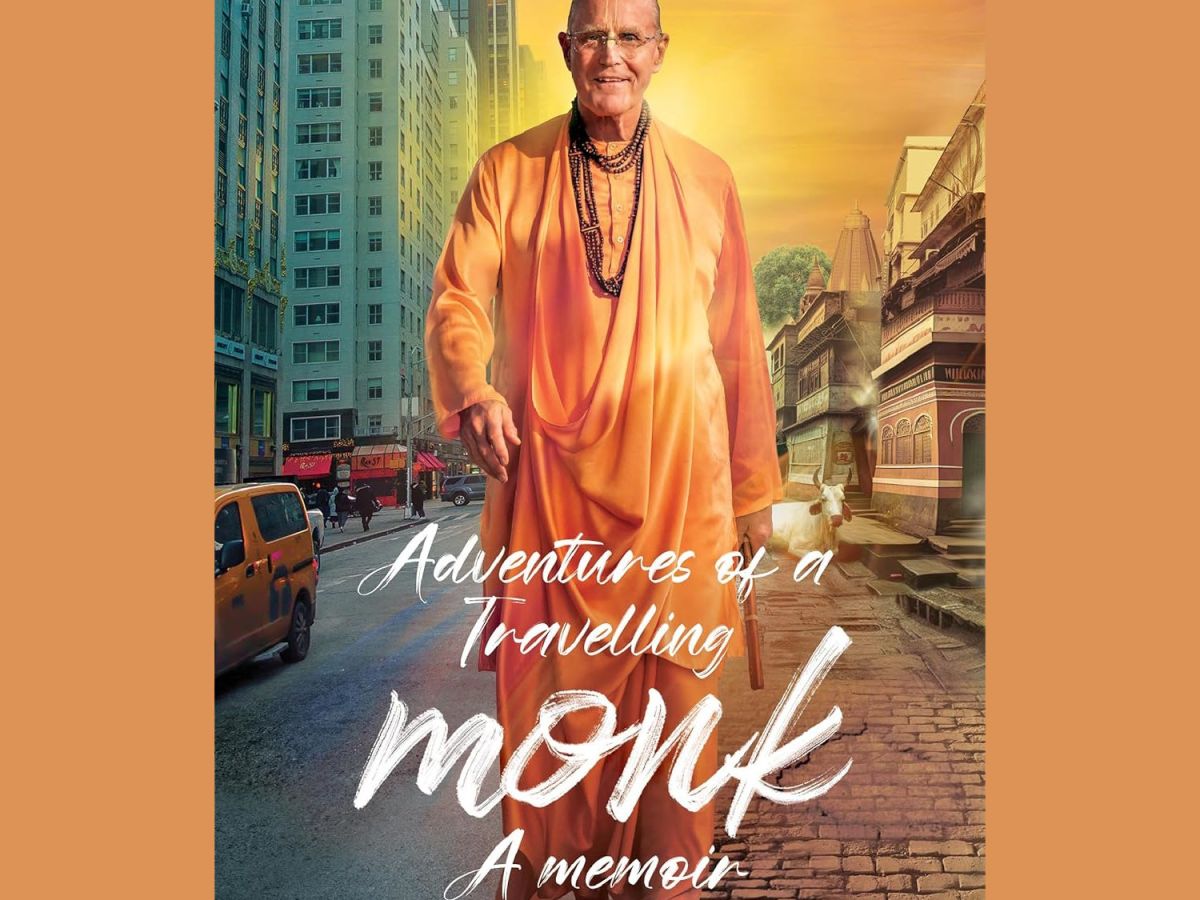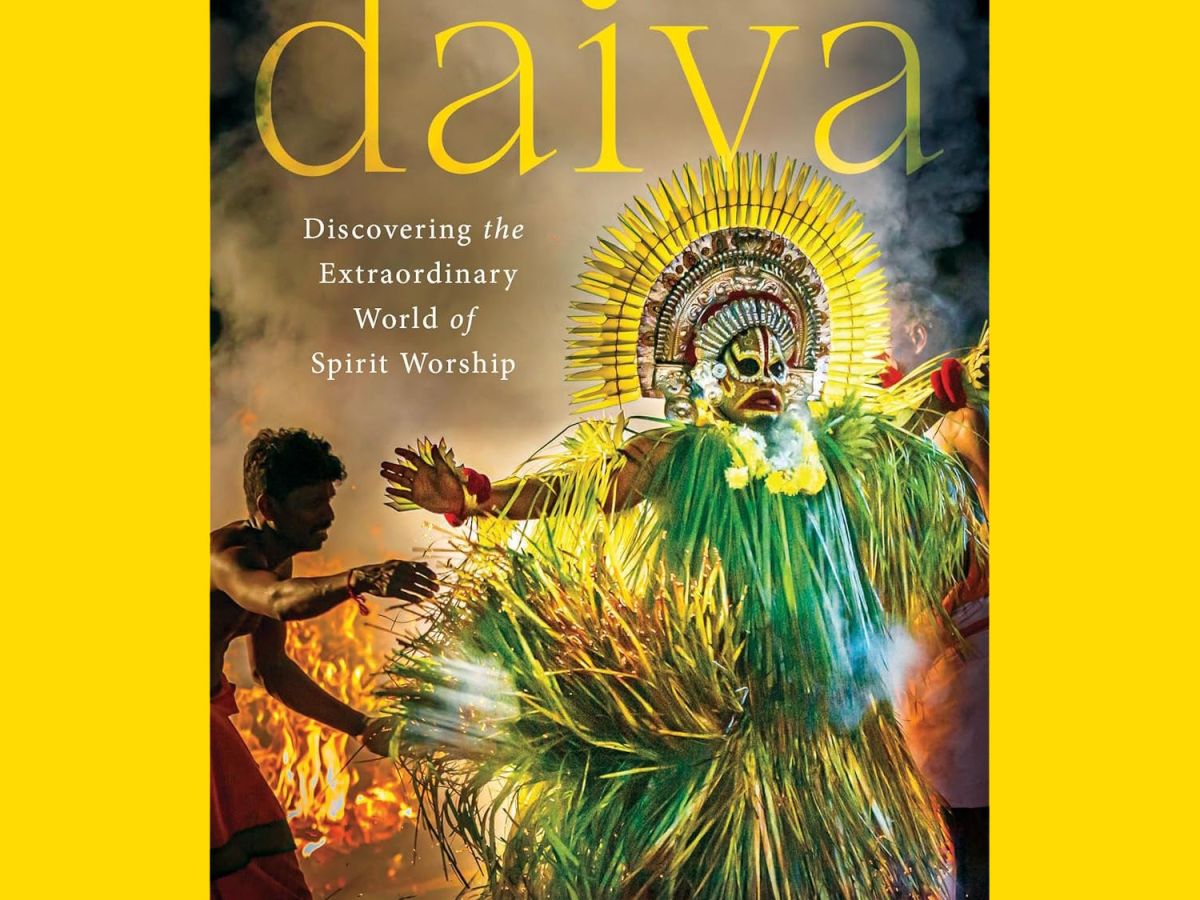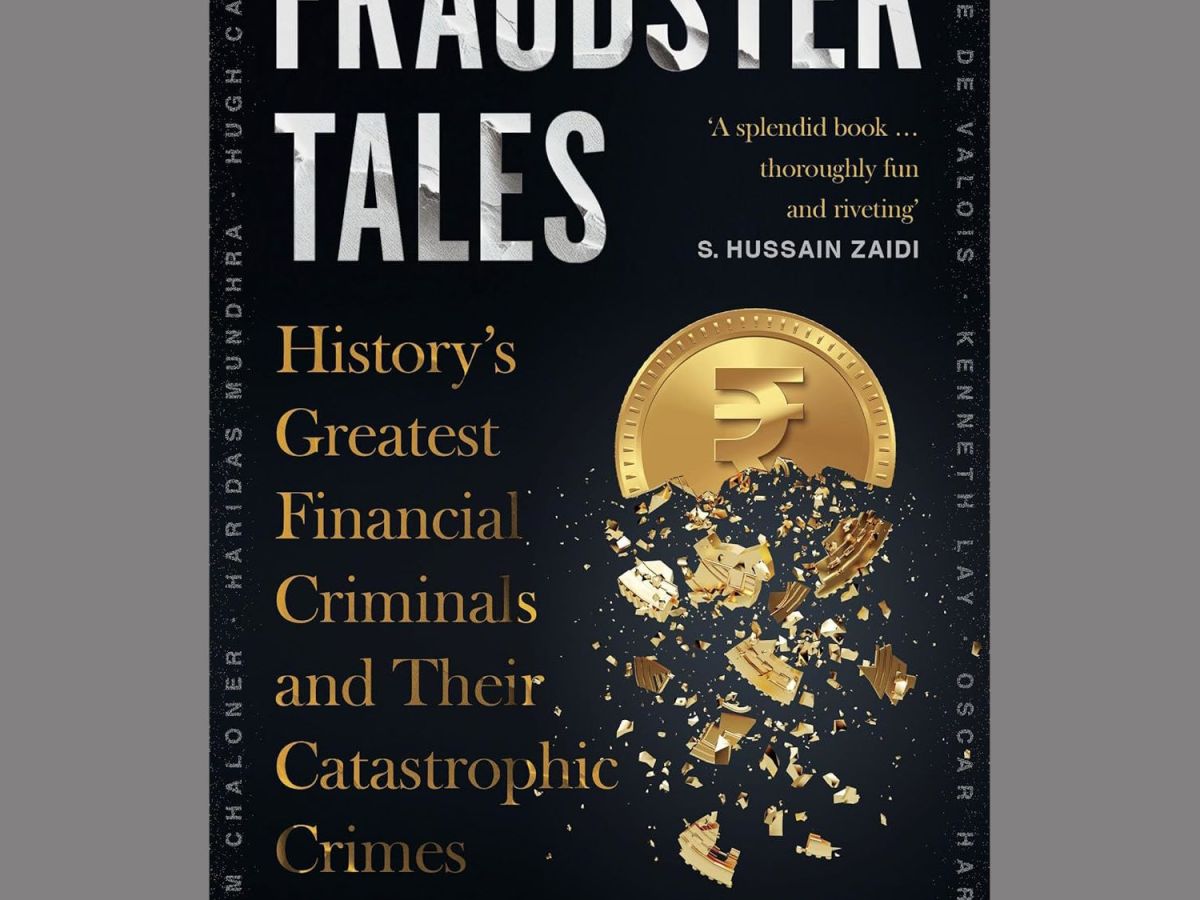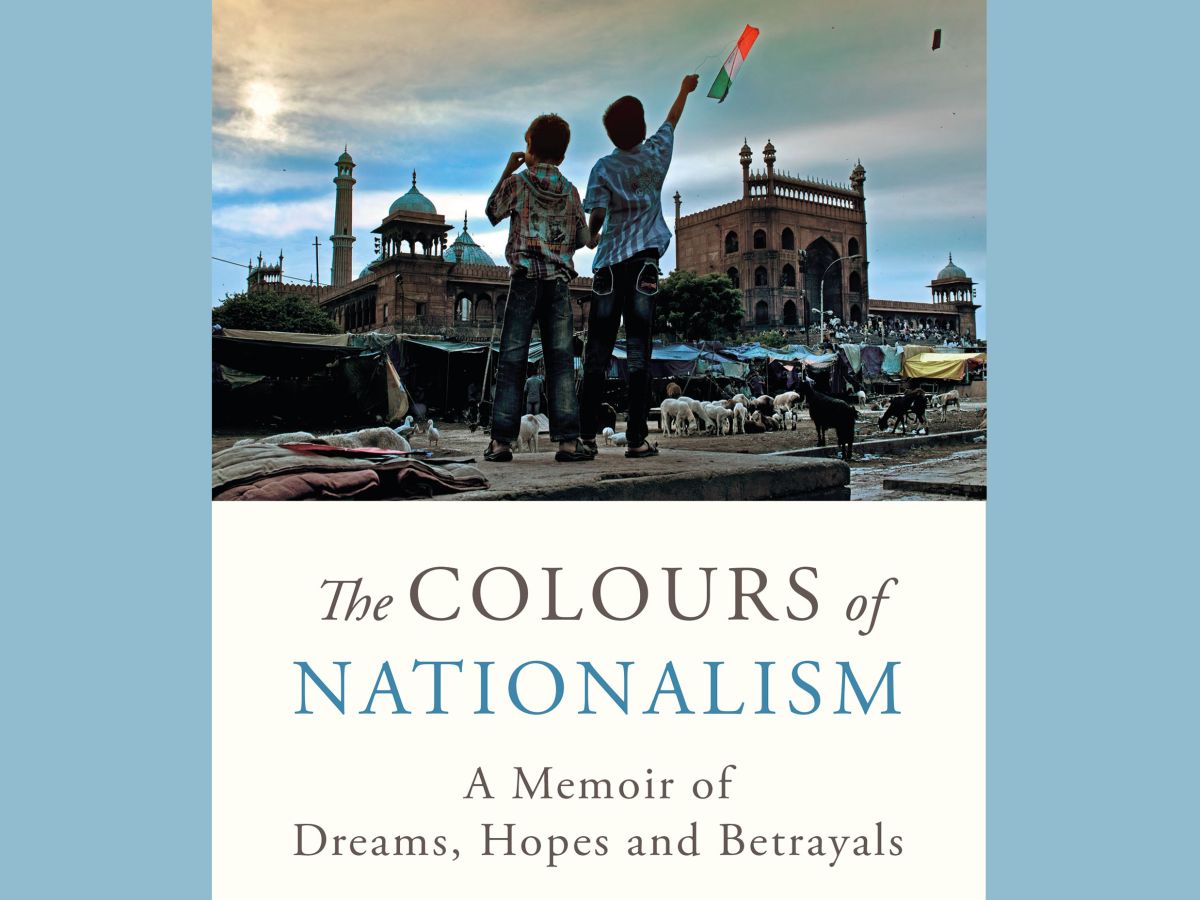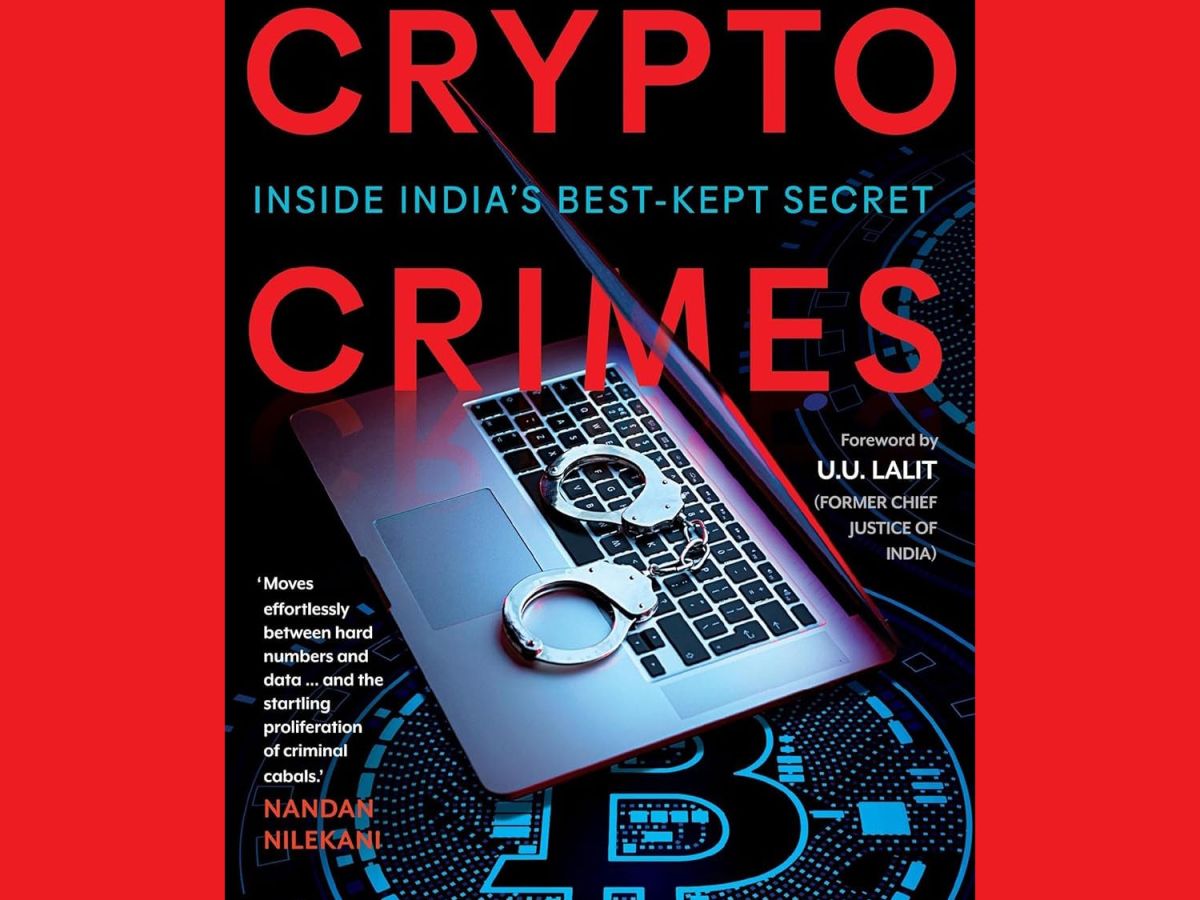His name is Dulat. Amarjit Singh Dulat. And as a former head of India’s Research and Analysis Wing (RAW), which handles things like, among others, foreign intelligence, counter-terrorism, counter-proliferation, and managing security for the country’s nuclear programme, he’s the real deal. In addition to garden variety bureaucrats and politicians, Dulat has, in the course of his illustrious career, hobnobbed with presidents and prime ministers, Kings and godmen, and assorted unsavoury characters. So his memoir has got to be interesting stuff, right? You bet.
A Life in the Shadows starts with Dulat providing some background on his family and some details of his early years in pre-partition India (he was born in 1940), in Sialkot, Hoshiarpur, Rawalpindi, followed by his memories of the actual partition and his family finally moving from Rawalpindi to Delhi for good. The young Dulat provides an account of the boyhood he spent in Delhi, where his father had been appointed a district and sessions judge. He also talks about his life at the Bishop Cotton School in Simla, where he was sent off to study in 1951. Later, as he qualifies for the UPSC and gets into the Indian Police Service (IPS), he describes his days in Mount Abu where he completed his training at the police academy. This narrative is written in a conversational, easy-going manner that provides an interesting glimpse of the author’s early years, spent in a more relaxed, more laid-back India that’s now all but disappeared.
Dulat then goes on to describe his work (he joined the IPS in 1969) and early years in the Intelligence Bureau (IB), where he says he always put emphasis on engagement and dialogue, which he says was considered ‘soft’ by most of his colleagues in Indian intelligence. ‘Rascals’ he says make the best agents, ideally suited to be moles and double agents and most useful in counter-intelligence ops. After serving for almost three decades in the IB (where, he admits, he wasn’t exactly Mr Popular), Dulat is peeved when he’s passed over for a promotion and later moves to RAW, a turning point in his career.
Dulat’s early days in RAW were none too easy, though he was able to handle things with aplomb. ‘I quite like being perceived as a laidback kind of guy, but it is a fortunate aspect of my character that when I’m pushed, the best comes out in me,’ he says. He was keen to carry on the work he’d done in – and on – Kashmir during his days in the IB, and says his ‘nuanced perspectives’ on Kashmir were useful in his work at RAW. Dulat also talks about the need to strike a balance – between diplomacy (engagement and dialogue) and the use of force – emphasising that the use of brute force alone isn’t always the best thing, citing examples of Punjab in the early-1990s, Bhutan in the late-1990s and Kashmir now, after the abrogation of article 370. He sympathises with Farooq Abdullah and decries the ‘failure of our policies in Kashmir.’ ‘The boys I speak to [in Kashmir] on occasion tell me nobody wants azadi. They are currently dying the name of Allah,’ says Dulat, adding that India’s new ‘muscular’ policy has led to the radicalisation of Kashmir. Clearly, there’s a tinge of regret there, somewhere.
On a lighter note, there are instances he describes his interactions with royalty – King Jigme Singye Wangchuk of Bhutan, Rajmata Gayatri Devi, the Prince of Wales – and a succession of Indian prime ministers, with many an interesting anecdote related to all the powerful people he met and worked alongside. There’s some entertainment to be had there, and a gathering of some insight into how officialdom in India worked back in the day. The chapter on ‘Travels with a President,’ where Dulat recounts the time he spent with former President, the late Giani Zail Singh is particularly interesting, with some funny instances and glimpses of how Singh functioned.
‘Spookdom is a treacherous game,’ says Dulat. ‘Yet, the shadow games of today are not the same ones that I learned when I started out decades ago. Today, intelligence is gathering is faster paced, more result-oriented,’ he adds, talking of the changes that the profession has seen in recent years. There simply aren’t a lot of former spymasters rushing to publishers with manuscripts of their memoir in hand, so A Life in the Shadows is something of a unique book, one that offers glimpses of a kind of life few of us will ever be privy to. It’s an insider’s account, and a well-written one at that, of how things work in India. Get your copy at Amazon.
adventure advertising Allahabad Apple astrology audiobooks Banaras best-of lists Bombay book marketing business Calcutta cheap reads cityscapes corporate culture design fiction food Hinduism hippies history India Japan journalism journalists libraries literary agents memoirs memories money Mumbai music my life with books Persian photojournalism publishers publishing religion science-fiction self-help technology travel trends Varanasi wishlists
More Stories:
Adventures of a Travelling Monk: An Excerpt
Deeply affected by the death of his entire platoon in the Vietnam War, Lance Corporal Brian Tibbitts embarked upon the pursuit of…
Daiva – Discovering the Extraordinary World of Spirit Worship: An Excerpt
‘The famous Kola performances of Tulu Nadu involve dancers who invite powerful, sacred spirits to possess them. Through the performers, and surrounded…
Book Review: Fraudster Tales
‘Crime stories have fascinated audiences all over the world for centuries. But as times have evolved, the spotlight on financial wrongdoing has…
The Colours of Nationalism: An Excerpt
Human-rights lawyer, teacher, campaigner and writer, Nandita Haksar has represented the victims of army atrocities in Northeast India, Kashmiris framed in terrorism…
Book Review: Crypto Crimes – Inside India’s Best-Kept Secret
Cryptocurrency. Bitcoin. Digital assets. While the vast majority of people in India (and probably elsewhere in the world) have heard of these…
The Psychology of Secrets: An Excerpt
‘We all keep secrets and there’s a one in two chance that those secrets involve a breach of trust, a lie or…


